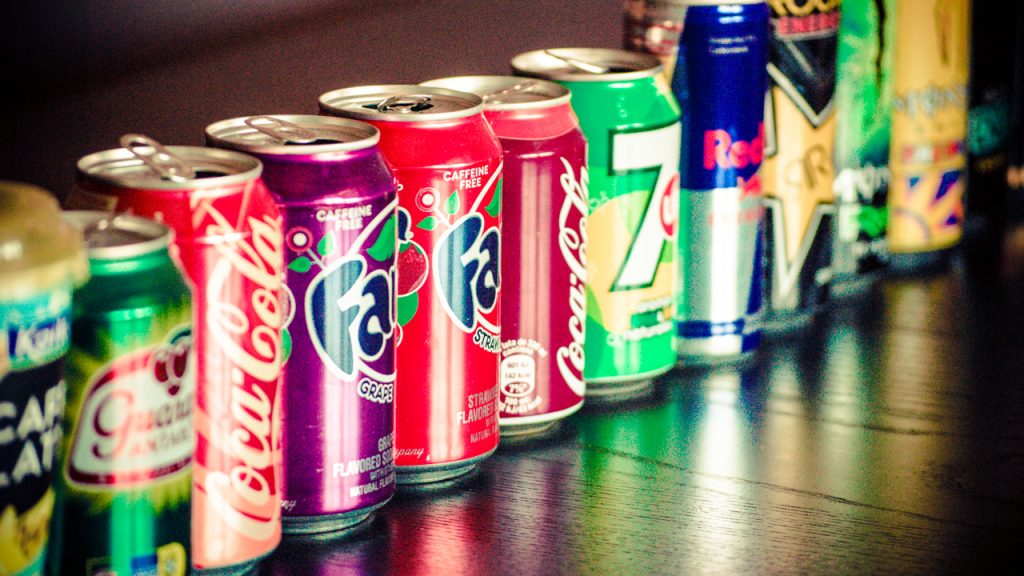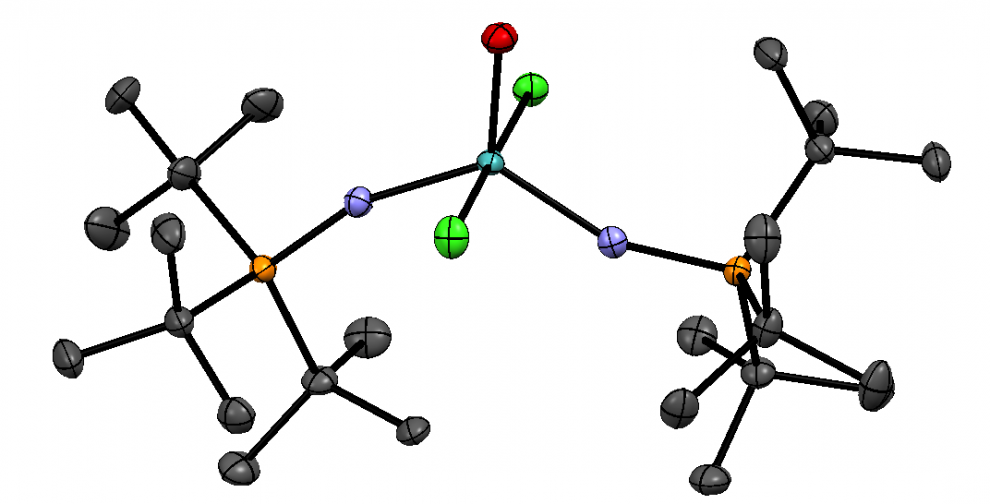Currently, there are many sugar substitutes that replace table sugar. They give the desired sweetening taste while providing fewer calories. The Food and Drug Administration (FDA) regulate and approve sugar alternatives that meet the criteria.

Sweetener prices with relative to sugar. Adapted from Sugar and Sweetener Guide
In addition, many sweeteners are a lot cheaper, and still provide the same sweetness as table sugar. Although these substances are generally recognized as safe, consuming artificial sweeteners have some drawbacks to one’s health. Recently there has been news that shows the products are perhaps more dangerous than beneficial.

Neotame chemical structure. Source: Wikimedia
Artificial sweeteners require an Acceptable Daily Intake (ADI), informing how much of that substance an individual can take daily, without the risk of receiving toxic effects. Neotame, a recently approved sweetener by the FDA, has an extremely low ADI level of 0.3 mg/kg. Even though it has sweetness 7000-13000 times more than table sugar, it is still approved because there are no deadly effects.
In 2017, research by many researchers in the United States further investigated the effects of neotame, on a mice’s gut microbiota in their digestive system. After four weeks, the mice that consumed neotame (dose level of 0.75 mg/kg) experienced decreased levels of malic acid and glyceric acid, both important acidic components to aid food digestion. In addition, fecal metabolism exhibited decreased activity, causing the concentrations of fatty acids, lipids, and cholesterol levels to rise. This shows how neotame can harm our digestive system in the long run.

A collection of soft drinks. Source: Flickr
For sugar alternatives in soft drinks, people are stating that the only real side effect of no-calorie sweeteners is the tendency to eat even more. This won’t happen immediately, but several studies claim that soft drinks will eventually lead to weight gain. At the same time, another study showed the consumption of sugar-sweetened beverages in the United States was linked to a 121% increase in type 2 diabetes. Even though the sweetness is there, people’s appetite won’t be satisfied until the calories are consumed, ironically leading to a craving for more food.
Examples of other sugar alternatives. Source
Sugar substitutes are still common to use for many because of their lost cost, adding little to no calories to a daily diet. There is no way one can completely avoid sugar consumption, for sugar is essential energy to our body. Instead, consumers should be more aware of what sugar substitutes they are consuming while reducing sugar intake, to stay as healthy as possible.
-Taiki Matsumoto
